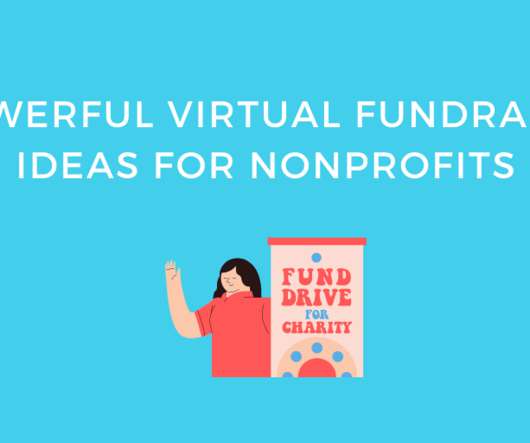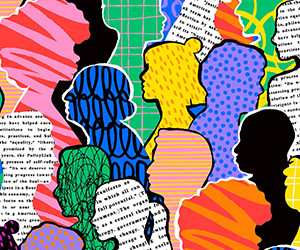Is There An Inequality Tipping Point for Nonprofits?
Blue Avocado
NOVEMBER 19, 2024
But as climate change is manmade, it may have not just ecological but also sociological tipping points. Even those who remain insulated from the harsh climatological effects will not be immune from the psychological effects of watching this catastrophe unfold. At what point does despair become inescapable? But we need to prepare now.











Let's personalize your content